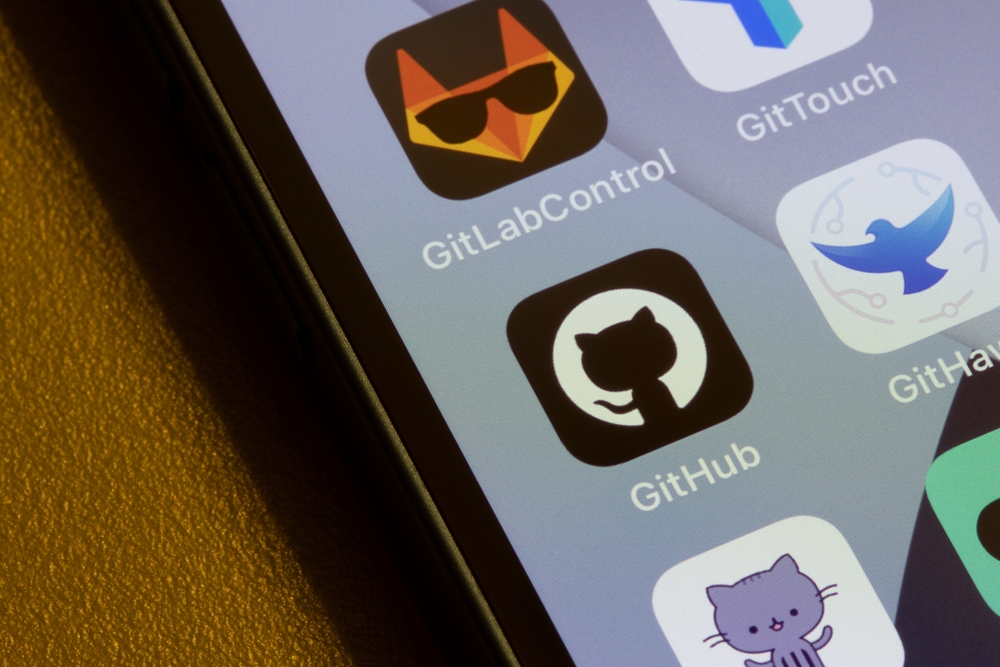GitHub recently announced major updates to its AI-powered coding assistance tools, Copilot and Codex. Copilot, which uses GPT (Generative Pre-trained Transformer) technology to suggest code snippets based on user input, has received enhancements to improve its accuracy and usability.

One of the key updates to Copilot is the addition of more code context, allowing the tool to better understand the user’s intent and provide more relevant suggestions. Copilot also now supports more programming languages, including Rust and Swift, expanding its usefulness to a broader range of developers.
Codex, on the other hand, is a new tool that leverages OpenAI’s GPT-3 model to generate entire code files based on natural language descriptions. Codex is particularly useful for creating boilerplate code and generating code for common tasks, such as setting up a REST API. Codex’s natural language processing capabilities enable it to understand user intent and generate code that closely matches the desired outcome.
The updates to Copilot and the introduction of Codex reflect a growing trend in the software development industry towards using AI to streamline the coding process. By automating repetitive tasks and suggesting code snippets and even entire files, these tools free up developers to focus on higher-level tasks, such as designing software architecture and implementing complex algorithms.
However, the use of AI in coding also raises concerns about code quality and security. While Copilot and Codex have undergone extensive testing and training to minimize the risk of producing insecure or buggy code, it’s important for developers to carefully review and test any code generated by these tools.
Overall, the updates to Copilot and the introduction of Codex represent exciting developments in the field of AI-assisted coding, notes NIXsolutions. As these tools continue to evolve and improve, they have the potential to significantly improve the efficiency and productivity of software development teams.
